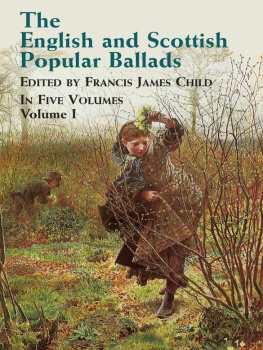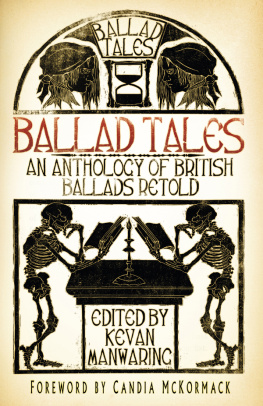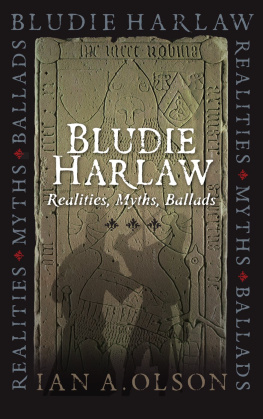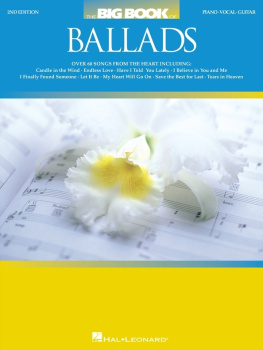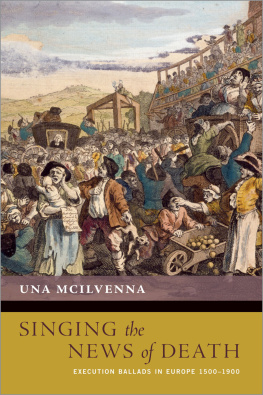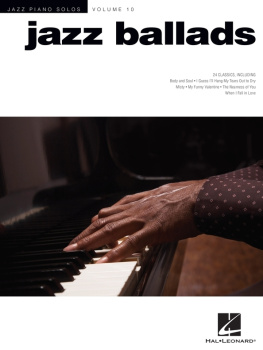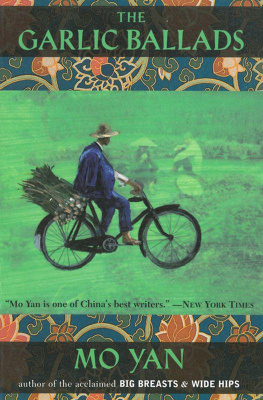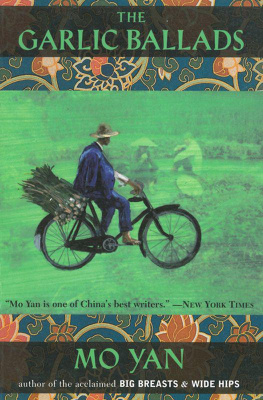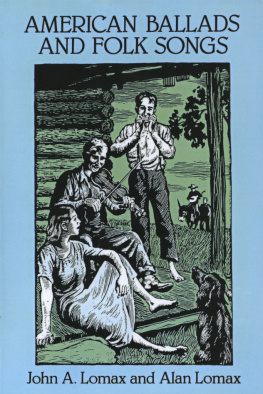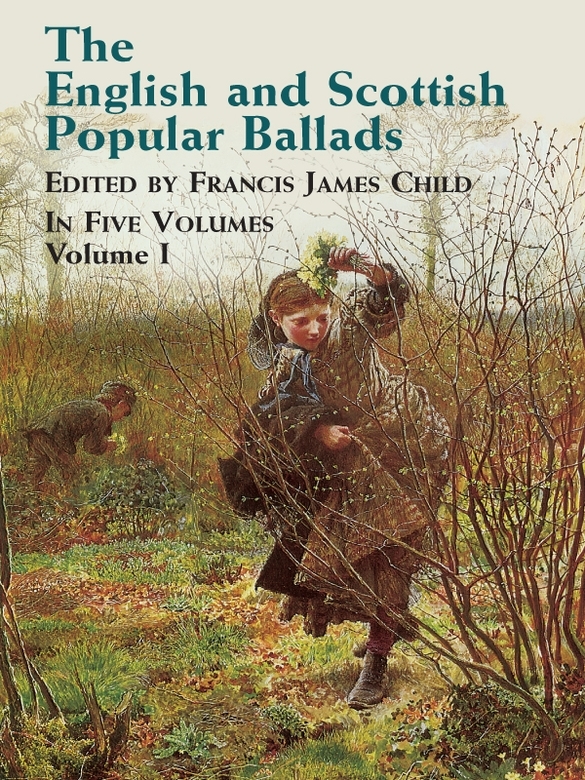FRANCIS JAMES CHILD

FRANCIS JAMES CHILD was born in Boston on the first day of February, 1825. He was the third in a family of eight children. His father was a sailmaker, one of that class of intelligent and independent mechanics, writes Professor Norton, which has had a large share in determining the character of our democratic community, as of old the same class had in Athens and in Florence. The boy attended the public schools, as a matter of course; and, his parents having no thought of sending him to college, he went, in due time, not to the Latin School, but to the English High School of his native town. At that time the head master of the Boston Latin School was Mr Epes Sargent Dixwell, who is still living, at a ripe old age, one of the most respected citizens of Cambridge. Mr Dixwell had a keen eye for scholarly possibilities in boys, and, falling in with young Francis Child, was immediately struck with his extraordinary mental ability. At his suggestion, the boy was transferred to the Latin School, where he entered upon the regular preparation for admission to Harvard College. His delight in his new studies was unbounded, and the freshness of it never faded from his memory. He speedily caught up with the boys who had already made considerable progress in Greek and Latin, and soon took the first place here, as he had done in the schools which he had previously attended. Mr Dixwell strongly advised his father to permit him to continue his studies, and made arrangements by which his college expenses should be provided for. The money Professor Child repaid, with interest, as soon as his means allowed. His gratitude to Mr. Dixwell and the friendship between them lasted through his life.
In 1842 Mr Child entered Harvard College. The intellectual condition of the college at that time and the undergraduate career of Mr Child have been admirably described by his classmate and lifelong friend, Professor Norton, in a passage which must be quoted in full:
Harvard was then still a comparatively small institution, with no claims to the title of University; but she had her traditions of good learning as an inspiration for the studious youth, and still better she had teachers who were examples of devotion to intellectual pursuits, and who cared for those ends the attainment of which makes life worth living. Josiah Quincy was approaching the close of his term of service as President of the College, and stood before the eyes of the students as the type of a great public servant, embodying the spirit of patriotism, of integrity, and of fidelity in the discharge of whatever duty he might be called to perform. Among the Professors were Walker, Felton, Peirce, Channing, Beck, and Longfellow, men of utmost variety of temperament, but each an instructor who secured the respect no less than the gratitude of his pupils.
The class to which Child belonged numbered hardly over sixty. The prescribed course of study which was then the rule brought all the members of the class together in recitations and lectures, and every man soon knew the relative standing of each of his fellows. Child at once took the lead and kept it. His excellence was not confined to any one special branch of study; he was equally superior in all. He was the best in the classics, he was Peirces favorite in mathematics, he wrote better English than any of his classmates. His intellectual interests were wider than theirs, he was a great reader, and his tastes in reading were mature. He read for amusement as well as for learning, but he did not waste his time or dissipate his mental energies over worthless or pernicious books. He made good use of the social no less than of the intellectual opportunities which college life affords, and became as great a favorite with his classmates as he had been with his schoolfellows.
The close of his college course was marked by the exceptional distinction of his being chosen by his classmates as their Orator, and by his having the first part at Commencement as the highest scholar in the class. His class oration was remarkable for its maturity of thought and of style. Its manliness of spirit, its simple directness of presentation of the true objects of life, and of the motives by which the educated man, whatever might be his chosen career, should be inspired, together with the serious and eloquent earnestness with which it was delivered, gave to his discourse peculiar impressiveness and effect.
Graduating with the degree of Bachelor of Arts in 1846, Mr Child immediately entered the service of the college, in which he continued till the day of his death. From 1846 to 1848 he was tutor in mathematics. In 1848 he was transferred, at his own request, to a tutorship in history and political economy, to which were annexed certain duties of instruction in English. In 1849 he obtained leave of absence for travel and study in Europe. He remained in Europe for about two years, returning, late in 1851, to receive an appointment to the Boylston Professorship of Rhetoric and Oratory, then falling vacant by the resignation of Professor Edward T. Channing.
The tutorships which Mr Child had held were not entirely in accordance with his tastes, which had always led him in the direction of literary and linguistic study. The faculty of the college was small, however, and it was not always possible to assign an instructor to the department that would have been most to his mind. But the governors of the institution were glad to secure the services of so promising a scholar; and Mr Child, whose preference for an academic career was decided, had felt that it was wise to accept such positions as the college could offer, leaving exacter adjustments to time and circumstances. Meantime he had devoted his whole leisure to the pursuit of his favorite studies. His first fruits were a volume entitled Four Old Plays, published in 1848, when he was but twenty-three years old. This was a remarkably competent performance. The texts are edited with judgment and accuracy; the introduction shows literary discrimination as well as sound scholarship, and the glossary and brief notes are thoroughly good. There are no signs of immaturity in the book, and it is still valued by students of our early drama.
The leave of absence granted to Mr Child in 1849 came at a most favorable moment. His health had suffered from close application to work, and a change of climate had been advised by his physicians. His intellectual and scholarly development, too, had reached that stage in which foreign study and travel were certain to be most stimulating and fruitful. He was amazingly apt, and two years of opportunity meant much more to him than to most men. He returned to take up the duties of his new office a trained and mature scholar, at home in the best methods and traditions of German universities, yet with no sacrifice of his individuality and intellectual independence.
While in Germany Mr Child studied at Berlin and Gttingen, giving his time mostly to Germanic philology, then cultivated with extraordinary vigor and success. The hour was singularly propitious. In the three or four decades preceding Mr Childs residence in Europe, Germanic philology (in the wider sense) had passed from the stage of romantic dilettantism into the condition of a well-organized and strenuous scientific discipline, but the freshness and vivacity of the first half of the century had not vanished. Scholars, however severe, looked through the form and strove to comprehend the spirit. The ideals of erudition and of a large humanity were not even suspected of incompatibility. The imagination was still invoked as the guide and illuminator of learning. The bond between antiquity and medivalism and between the Middle Ages and our own century was never lost from sight. It was certainly fortunate for American scholarship that at precisely this juncture a young man of Mr Childs ardent love of learning, strong individuality, and broad intellectual sympathies was brought into close contact with all that was most quickening in German university life. He attended lectures on classical antiquity and philosophy, as well as on Germanic philology; but it was not so much by direct instruction that he profited as by the inspiration which he derived from the spirit and the ideals of foreign scholars, young and old. His own greatest contribution to learning, The English and Scottish Popular Ballads, may even, in a very real sense, be regarded as the fruit of these years in Germany. Throughout his life he kept a picture of William and James Grimm on the mantel over his study fireplace.

